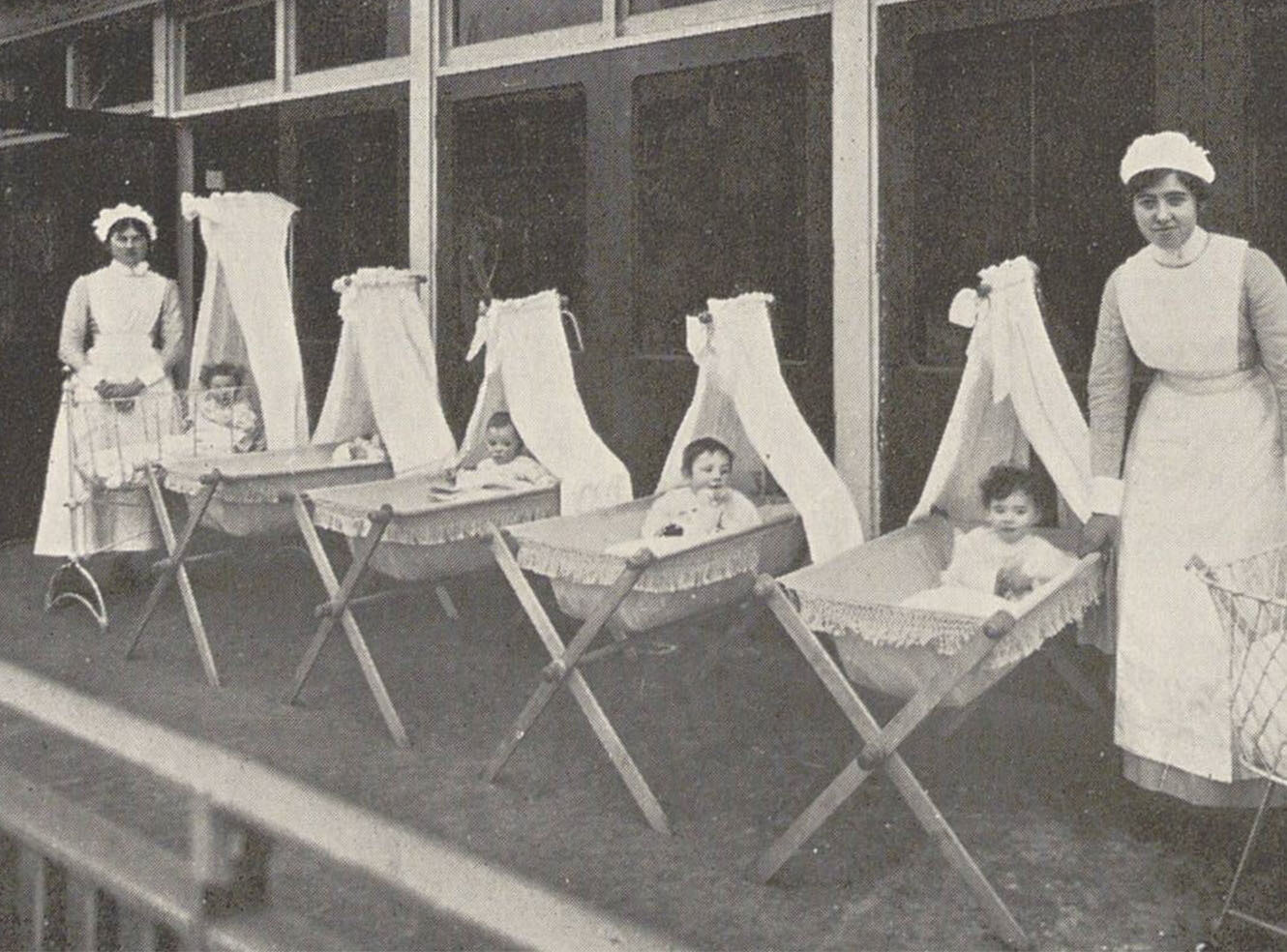The Great Game Revisited: Foreign Office Files for India, Pakistan and Afghanistan, 1972-1980
The third section of Foreign Office Files for India, Pakistan and Afghanistan, which was published towards the end of last month, covers the British Foreign Office material on the whole of South Asia for the period 1972 to 1980. The proportion of material relating to each country in each section reflects international events and so the preoccupations of the British Government at the time: section I, covering the period after the partition and independence of the British Raj in 1947, is overwhelmingly on India and Pakistan, concentrating particularly on the tensions between them; towards the end of section II (1965-71), the diplomats’ attention alights on Bangladesh, as separatism there erupts into civil disobedience, repression and war.
Section III contains a much higher concentration than its predecessors of files on Afghanistan, again reflecting an increase in events there which provoked discussion and investigation both in London and in the British embassies and high commissions of the Indian subcontinent. It was in the early 1970s that Afghanistan entered into the spiral of governmental instability, insurgency, outright civil war and foreign interventions that has plagued it ever since. Amongst the dozens of Afghan-centred files – covering such topics as political relations with neighbours, visits to the UK by the royal family, drug-trafficking, British aid and links with the EEC and NATO – I have chosen to look at two which date from the regime of Mohammad Daoud Khan, president of Afghanistan from 1973 to 1978, and which shed light both on the circumstances under which he came to power and, with some considerable prescience, on the potential for instability and Soviet intervention which it was feared might follow the end of his rule.
Daoud Khan was of royal birth, the cousin of King Zahir Shah, and had served as prime minister under Zahir between 1953 and 1963. After a political crisis with Pakistan caused by disputes over the two countries’ border (the ‘Durand Line’) Daoud was forced from office, and Afghanistan entered into a period under which democracy took a decisive step forwards but was at the same time undermined by a lack of tools afforded the new institutions by which they could govern effectively. A briefing from the US government’s Bureau of Intelligence and Research (FCO 37/1216) set out the hurdles an Afghan government faced: political parties were illegal, so all parliamentarians sat as independents and had to be convinced individually of the merits of each bill; the prime minister could not himself be a member of parliament; and the king appointed ministers, most of whom were technocrats. The result of this was that the king played an active role in day-to-day governance and the prime minister was reduced often to a position of near-irrelevance; however, because the prime minister was the visible face of the government, he could be, and was, blamed for its ineffectiveness. A succession of prime ministers came and went in the decade after Daoud’s fall as each was bestowed with, and lost, royal favour.
In July 1973 Daoud led a military-backed coup which overthrew King Zahir whilst he was abroad for medical treatment. Though his broadcast speech announcing the change of government criticised the shortcomings of Zahir’s moves towards democracy, Daoud’s regime replaced the king’s elected parliament with a nominated body. In a despatch (in FCO 37/1218) the following month to the foreign secretary, Sir Alec Douglas-Home, the British ambassador in Kabul, John Drinkall, mused on the reasons for Zahir’s downfall, and placed the blame squarely on his own and his family’s shoulders. Having acknowledged that the king was “a very nice person and seemed genuinely to have the welfare of his people at heart”, Drinkall went on to catalogue his failures, and those of his sons:
He introduced a Western style Constitution in 1964 but could not bring himself to implement it. He was temperamentally incapable of taking a grip on the administration of the country and yet equally incapable of letting his post-1964 Prime Ministers, who were each his personal choices, get on with the job. […] Of the King’s children the ex-Crown Prince, though amiable, is hopelessly wet, his second son is a wastrel and a womaniser and virtually exiled to Canada, and his third son, Shah Mahmoud, who was at Oxford, is very much like his eldest son. His fourth son Muhammad Daoud Pashtunyar, gave me the impression of having considerably more character than his brothers but with the same tendency towards self-indulgence. The youngest son, Mir Wais, is at Harrow and I have not met him.
The only member of the royal family to escape censure was the king’s elder daughter, Princess Bilqis, whom Drinkall described as “as remarkable as the others are not”. But a woman succeeding to the Afghan throne was not plausible, and anyway the political system was broken. Although the average Afghan’s expectations of the state were so nugatory that a general discontent with the government was unlikely to lead to revolution from below, a sense of chronic frustration with the regime’s shortcomings amongst powerful figures in the bureaucracy and army did lead to a change of personnel at the top (something which the his embassy had, Drinkall claims, been predicting for some years, with the result that “the British reputation for omniscience in this part of the world is now in the process of receiving an additional fillip”).
Yet the next question which would soon occupy British minds was: who, or what, would follow Daoud? By the time Drinkall was preparing to leave Kabul, in January 1976, Daoud’s regime, though apparently secure, had not yet been formalised; the government would announce consultations on a new constitution only that March. But Drinkall’s biggest worry harked back to the Great Game of the nineteenth century:
It seems to me that we are in great danger of forgetting the extremely important strategic position that Afghanistan occupies. If we woke up one day to find that the Soviet Union had virtually taken Afghanistan over we should, I suspect, suddenly realize just how serious the implications could be. At a stroke the Soviet Union would have greatly increased its capacity to meddle in the affairs of the Indian sub-continent, it would be one significant step nearer to acquiring a warm-water port on the Indian ocean, but it would, above all, have immeasurably increased its capacity to put pressure on the Middle East oil-producing states, and particularly Iran.
Fortunately for the West, the Russians were not liked by the Afghans. But they succeeded in their penetration of the ruling stratum of the country because they made more effort than anyone else:
When President Daoud paid his first official visit to the Soviet Union Mr Brezhnev was prepared to devote a complete weekend to entertaining him. […] Almost any Afghan with any pretensions to prominence can get his children educated virtually free in the Soviet Union and can get free medical treatment there. Russian delegations come in an almost unending stream to try to make some impact on every aspect of the Afghan economy and culture. The Russians give vast quantities of economic aid and totally dominate the Armed Forces, both as regards equipment and training.
This assessment was a shrewd one, in its conclusions about both the intensity of the Soviet interest in Afghanistan and the attitude to them of the mass of Afghans. Daoud was overthrown and killed in July 1978 by the communist People’s Democratic Party of Afghanistan. But the infighting that proved rampant in the new government, and the armed opposition its actions generated in much of the country, was such that a full-scale Soviet invasion was launched to shore it up over Christmas 1979 (covered in files FCO 37/2236-2253). Despite the overwhelming nature of the Soviets’ conventional military strength, opposition to them was as determined as it had been to the Afghan communists. By the time of the invasion there were 400,000 refugees from communist rule in camps in Pakistan, where the authorities provided them with training and equipment to fight government forces back over the border; the CIA had already mounted Operation Cyclone, its own effort to help arm, train and inspire the opposition. Until they left Afghanistan in 1989 the Soviets never succeeded in gaining secure control of any areas beyond the major cities, and Afghanistan was flooded with the weapons, expertise and dislocation which have helped fuel the civil wars with which the country has been battered up to the present day.
Recent posts

AM’s new resource, A Global History of Epidemics, 1800-1970, offers interdisciplinary researchers unique primary sources, interactive tools from maps to timelines, and expert essays, to explore disease history, colonialism, and public health advancements within the British Empire and beyond.

